





Q: Recently we had some summertime fireworks. There was an unbelievably fierce storm and lightning struck a large tree and an adjacent smaller one. Is there anything that you can recommend to help us save these two trees? I see a strip of damage on both trees.
A: As far as lightning damage goes, it’s pretty much a “wait and see” proposition. It all depends on how much damage the exploding sap did under the bark. The damaged strip may not be all of the harm done.
Water deeply once per week during the summer. Trees respond to burns like humans do – they ooze constantly. You don’t want your tree to dry up. In my experience, pines have a 50:50 chance of dying from a lightning stroke.
Sometimes lightning harm is hidden – you might not be able to see the damage done under the bark until that area dries and cracks off the tree in the next few months.
The best advice for a lightning-damaged tree is to use a razor knife remove any loose bark you can reach and to make sure it does not lack for water during the rest of the summer. The tree may die from losing too much sap or from invasion by beetles – – or it may heal the wound and live to a ripe old age. Same prognosis goes for the tree next to it.
Q: We had lightning strike some trees on our property in early fall. The trees are visibly scarred – the three most affected were one pine and two hardwoods. All the trees are approximately 60 feet in height. With almost no exception all the tree removal experts seem to think they should be taken down immediately. I am not inclined to be taking trees down just to be taking them down. What should I be looking for to estimate the extent of damage? Is there anything I can determine now or must I wait until spring with new growth or lack of growth?
A: I installed an electrical outlet this past weekend but I wouldn’t call myself an expert electrician. In the same respect, were your “tree removal experts” trained arborists or were they simply experts at tree removal?
A lightning strike does not particularly weaken a tree….you have months in which to make a decision.
When it comes to tree health and hazard assessment, I’d rather have the opinion of someone who has been trained and who is a member of a professional organization, such as the International Society of Arboriculture, the National Arborist Association or The American Society of Consulting Arborists.
That is not to say that tree removal experts can’t also be quite knowledgeable about trees. But just as I trust myself to do simple wiring at home, I wouldn’t be competent to electrify someone else’s house. Consulting arborists are professionals who can answer any tree questions you have.
Georgia Arborist Association
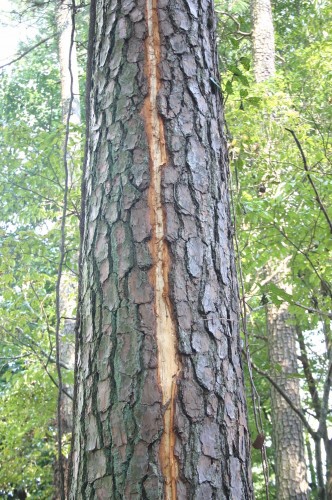
lightning damage to pine
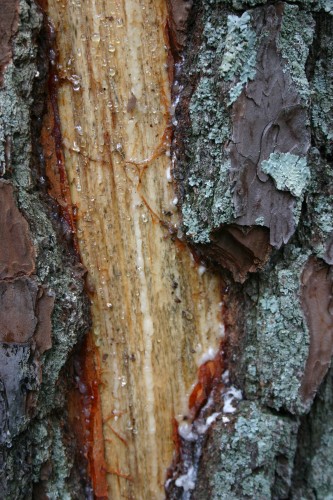
lightning damage to pine
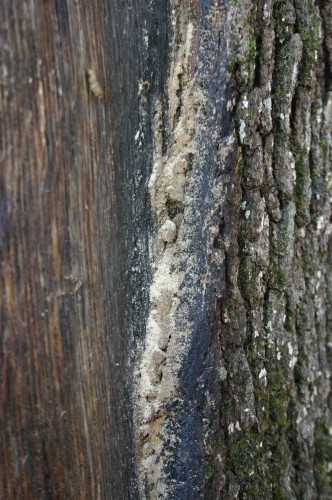
insect damage
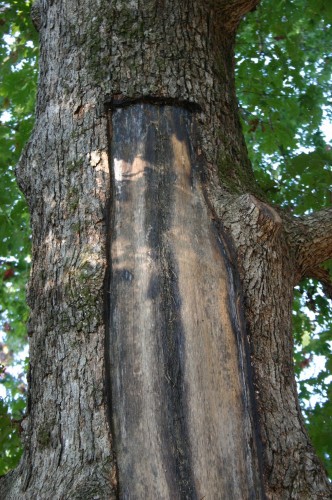
scored bark with razor knife after lightning strike
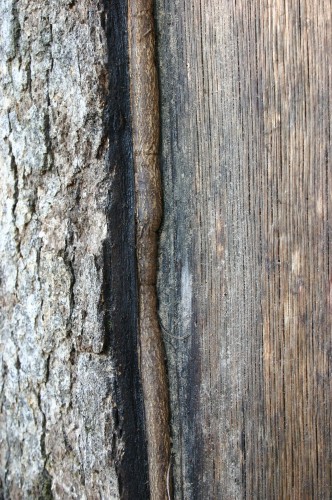
lightning wound healing
Copyright © www.100flowers.win Botanic Garden All Rights Reserved